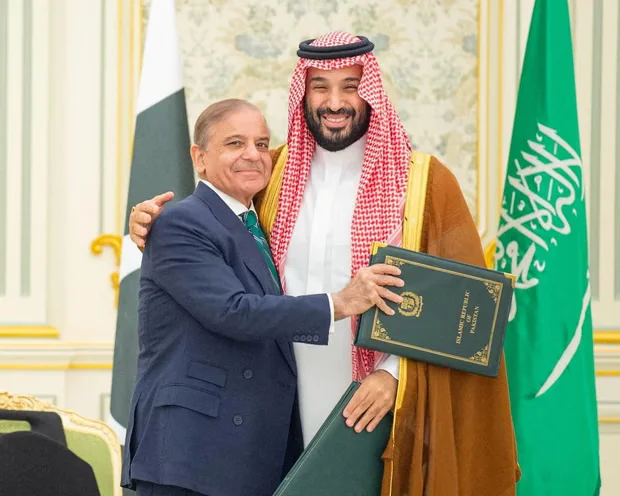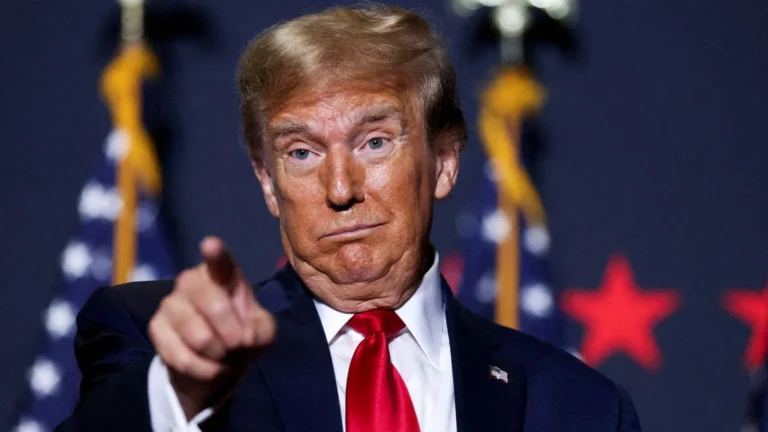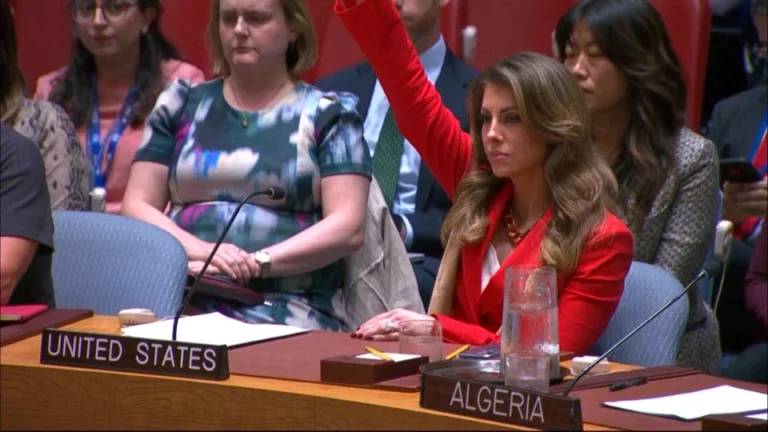Saudi Arabia has entered a new security era. This week, it signed a mutual defense pact with nuclear-armed Pakistan, only days after an Israeli strike on Qatar rattled the Gulf. The agreement declares that an attack on one will be treated as an attack on both. It is the clearest sign yet that Riyadh is no longer content to depend solely on U.S. guarantees for its security.
The signing took place in Riyadh with Crown Prince Mohammed bin Salman and Pakistani Prime Minister Shehbaz Sharif. The language of the pact was unambiguous. Any aggression against either state will trigger a joint response. That single sentence carries consequences far beyond symbolism. It quietly reshapes the region’s balance of risk.
Saudi-Pakistani ties are not new. Pakistani troops once guarded Mecca and Medina. The two militaries have conducted joint training for decades. Analysts have long noted that Saudi funds supported Pakistan during the most difficult phases of its nuclear program. For years, the partnership stayed discreet. The Qatar strike seems to have ended that caution.
Context makes this decision more striking. Israel’s military campaign, launched after the Hamas attacks of October 7, 2023, has spilled across Lebanon, Syria, Yemen, and now Qatar. The war in Gaza shows no sign of slowing. Hospitals have collapsed, entire districts lie in rubble, and regional anger has reached boiling point. For Riyadh, the message from Israel’s Qatar strike was clear: the conflict is expanding, and waiting on Washington’s restraint carries new risks.
The pact makes no mention of nuclear weapons, yet their shadow is impossible to ignore. Pakistan is estimated to possess 170 nuclear warheads. India has about 172. A senior Saudi official, speaking anonymously to the Financial Times, suggested the deal would use “all defensive and military means” if required. That phrasing will not go unnoticed in Tel Aviv or Washington.
Former U.S. diplomat Zalmay Khalilzad described the development as dangerous. He noted that Pakistan’s missiles can already hit targets across the Middle East and that it is developing systems with even longer reach. His warning reflects broader unease in Washington. American officials offered no comment on the pact. Silence often signals concern.
India also responded cautiously, saying it would “study the implications” for its national security and for global stability. Behind that careful language lies an awareness that the subcontinent’s fragile nuclear balance could now ripple westward. New Delhi’s security planners are likely recalculating their models tonight.
There is also a practical question. Would Pakistan actually defend Saudi Arabia if it faced attack? It might. Pakistan’s military is among the world’s largest, battle-tested from decades of conflict. An Islamabad-based security analyst told the Associated Press that Pakistan could strengthen Saudi security even without relying on nuclear weapons. That matters. It suggests the pact is designed as deterrence, not a nuclear threat.
Still, the risks are real. Every new security alliance adds friction to a region already fractured by war. It could push other states toward new arms deals or covert alignments. In a Gulf defined by rapid escalation, miscalculation often arrives faster than diplomacy.
Yet from Riyadh’s perspective, this step may have felt inevitable. The U.S.-led security framework in the Gulf has frayed. Washington continues shielding Israel at the United Nations while appearing unwilling to restrain its military campaign in Gaza. Arab streets seethe as images of civilian destruction fill screens. Israel’s sudden strike on Qatar likely convinced Saudi leaders that relying on distant allies no longer offers safety.
This pact marks a bold pivot. It signals to Israel that unchecked military action now carries wider consequences. It warns Washington that Saudi trust is not permanent. And it tells the Arab public that Riyadh is not blind to the outrage over Gaza.
Whether it will work is uncertain. Defense pacts rarely prevent conflicts by themselves. They function in shadows, raising the cost of aggression in the hope of deterring it. If this pact slows the tempo of strikes, it may succeed quietly. If not, it could mark the beginning of a new Gulf Cold War, shaped by rival blocs and sharpened red lines.
What is certain is that the Gulf’s security landscape looks different tonight. The balance has shifted, subtly but decisively. And for the first time in years, Saudi Arabia has chosen to shape the region’s future rather than wait for others to define it.




